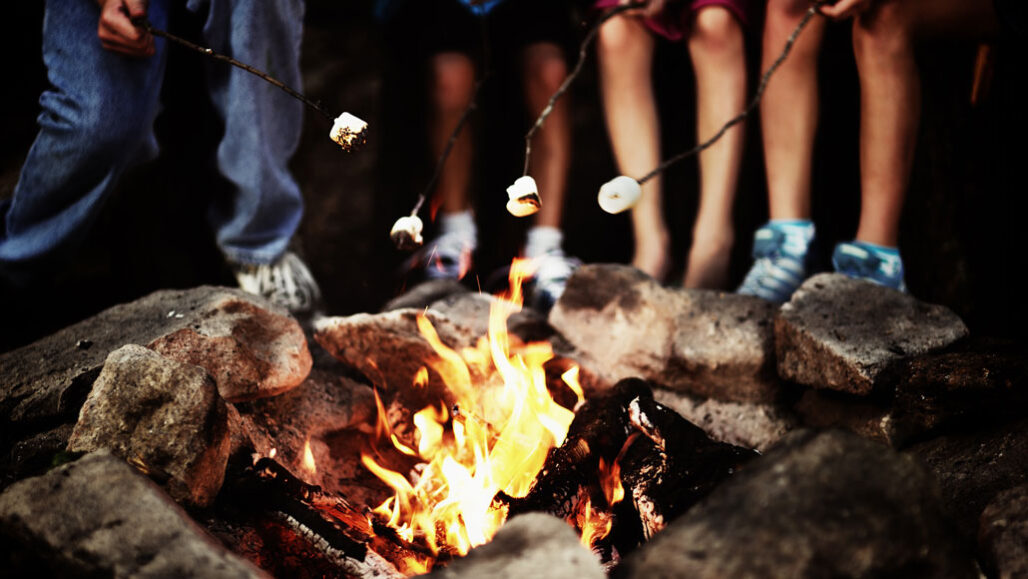acute: An adjective to describe conditions, such as an illness (or its symptoms, including pain), that typically are short in duration but severe.
colleague: Someone who works with another; a co-worker or team member.
coronavirus: A family of viruses named for the crown-like spikes on their surface (corona means “crown” in Latin). Coronaviruses cause the common cold. The family also includes viruses that cause far more serious infections, including SARS.
COVID-19: A name given the coronavirus that caused a massive outbreak of potentially lethal disease, beginning in December 2019. Symptoms included pneumonia, fever, headaches and trouble breathing.
epidemic: A widespread outbreak of an infectious disease that sickens many people (or other organisms) in a community at the same time. The term also may be applied to non-infectious diseases or conditions that have spread in a similar way.
infection: A disease that can spread from one organism to another. It’s usually caused by some type of germ.
intelligence: The ability to collect and apply knowledge and skills.
morbidity: The prevalence of illness; the share of people having a particular sickness at some particular time or in some particular place.
mortality: Deaths. From mortal, meaning deadly.
outbreak: The sudden emergence of disease in a population of people or animals. The term may also be applied to the sudden emergence of devastating natural phenomena, such as earthquakes or tornadoes.
primary: An adjective meaning major, first or most important.
symptom: A physical or mental indicator generally regarded to be characteristic of a disease. Sometimes a single symptom — especially a general one, such as fever or pain — can be a sign of any of many different types of injury or disease.
transmit: (n. transmission) To send or pass along.
virus: Tiny infectious particles consisting of RNA or DNA surrounded by protein. Viruses can reproduce only by injecting their genetic material into the cells of living creatures. Although scientists frequently refer to viruses as live or dead, in fact no virus is truly alive. It doesn’t eat like animals do, or make its own food the way plants do. It must hijack the cellular machinery of a living cell in order to survive.








